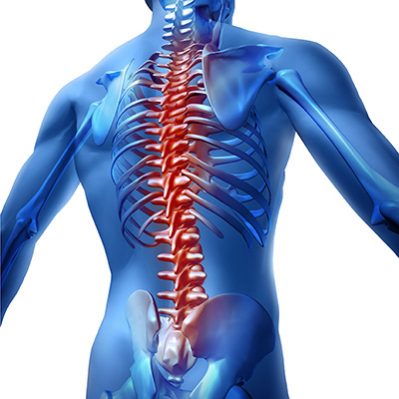These conditions are characterized by: a paralysis to the lower limbs and part or whole of the trunk of the body; or paralysis of all four limbs and the trunk of the body respectively. It is caused by injury to the spinal cord, usually as the result of an accident. The impairment to the body can range from weak hand, arm and leg muscles to non-functioning of hip, knee and ankle muscles. Incontinence and loss of sensation are also features. Most people with spinal cord injuries use a wheelchair or rely on walking aids for mobility. Some will require assistance with lifting and personal care.
Programming Considerations
- Be aware of each individual’s capabilities
- Ask what support is required – do not assume without asking.
- Think about what other tasks individuals could also assist with in an activity, if they cannot actively participate
- Be aware of what type of modified or supportive equipment is available.
- Ensure there is adequate chair access for program areas.
- Check provisions to carry and/ or fold chair if required.
- Check if the person likes to be transferred or is happier remaining in their chair.
- Allow extra time to complete activities
- 1:1 support may be required, so make allowance for this when developing staff rosters
Strategies for Inclusion
- Get other participants to provide assistance if appropriate.
- Design activities that cater for limited movement.
Further Information: Independence Australia- www.independenceaustralia.com

